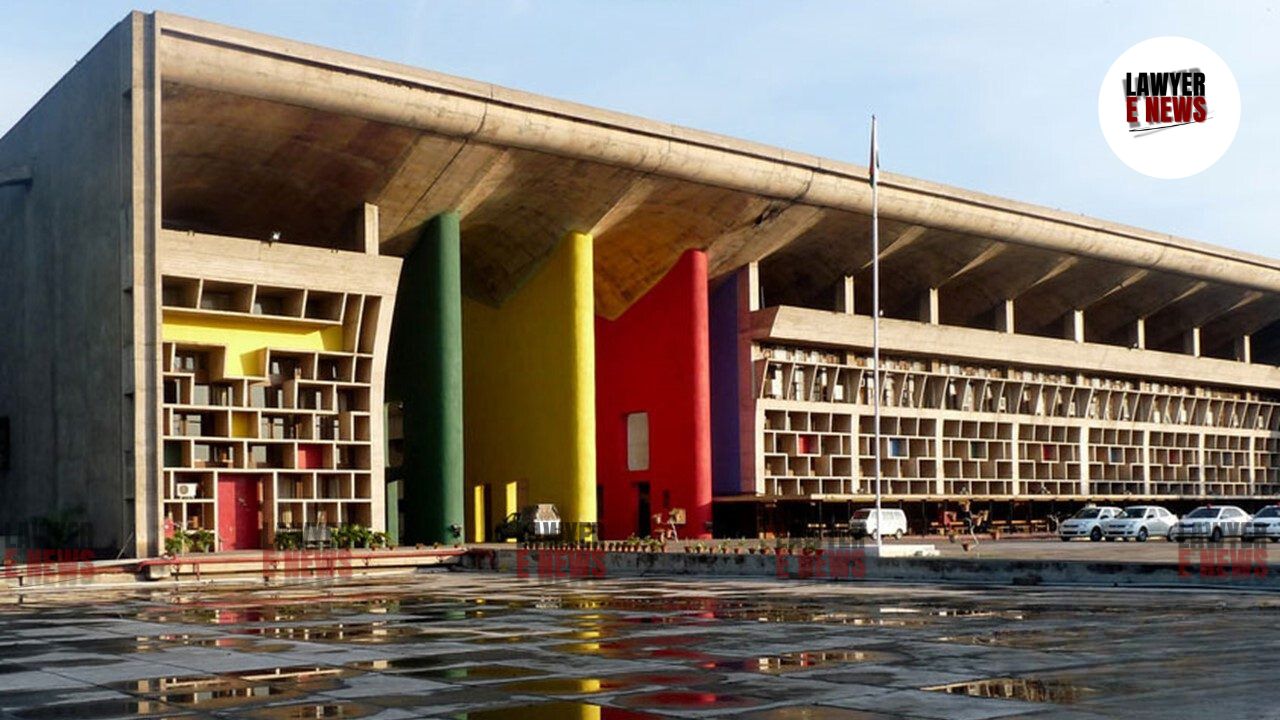-
by Admin
15 February 2026 5:35 AM



Mandatory Public Reading and Personal Service Requirements Ignored in Proclamation Proceedings under Section 82 Cr.P.C. Justice N.S. Shekhawat of the Punjab and Haryana High Court addressing the legality of a proclamation order that declared Gagandeep Singh a proclaimed person under Section 82 of the Code of Criminal Procedure (Cr.P.C.). The Court quashed the proclamation, citing multiple procedural deficiencies, notably the lack of public reading of the proclamation and a failure to comply with personal service requirements as per Section 82 Cr.P.C. This ruling reinforces the importance of procedural compliance in cases involving absconding persons.
Gagandeep Singh was implicated in an FIR filed under Sections 13-A, 3, and 67 of the Punjab Gambling Act on November 10, 2020, at Police Station City Malout. Singh did not attend scheduled court dates, leading to the forfeiture of his bail bonds and issuance of an arrest warrant. Subsequently, on December 4, 2023, the Sub-Divisional Judicial Magistrate, Malout, ordered a proclamation against Singh, declaring him a proclaimed person as of February 27, 2024.
Singh filed a petition challenging the proclamation order under Section 482 Cr.P.C., arguing procedural flaws, particularly the failure to publicly read the proclamation and ensure proper service in his residential area.
Section 82 Cr.P.C. mandates that, for a proclamation to be valid, it must be read aloud in a conspicuous public place in the accused’s village or town, affixed to a visible part of the accused’s residence, and posted on the courthouse notice board. Additionally, prior issuance of an arrest warrant and a minimum 30-day period for compliance are required.
In Singh's case, Constable Rajinder Kumar reported that the proclamation was affixed to the gate of a shop, at a public area, and on the courthouse notice board but was not read publicly in the village as required by law. The Court noted, “Failure to publicly read the proclamation or attempt personal service amounts to a clear violation of Section 82(2)(i)(a) Cr.P.C.,” rendering the proclamation invalid.
Highlighting the importance of a transparent procedure for declaring someone a proclaimed person, the Court emphasized that all three procedural steps—public reading, affixation at the residence, and courthouse posting—are conjunctive and must be executed collectively.
Citing precedents, including Sonu v. State of Haryana and Pawan Kumar Gupta v. The State of West Bengal, the Court noted that non-compliance with these steps cannot be dismissed as a minor irregularity. Justice Shekhawat observed, “The mandatory conditions of Section 82 Cr.P.C. safeguard against erroneous declarations by ensuring public awareness and due diligence in service.”
Recognizing the lengthy trial delays and Singh’s mental health claims, the Court permitted him to surrender within six weeks. The Court instructed the trial court to consider granting bail upon his surrender, with the discretion to impose reasonable conditions. If Singh failed to surrender within the stipulated period, his petition would be automatically dismissed.
On the Conjunctive Requirements of Section 82: "The requirements under Section 82(2)(i)(a) are mandatory and not optional. Public reading, residence affixation, and courthouse posting must collectively fulfill the publication requirements to ensure valid proceedings.”
On Procedural Safeguards: "Failure to strictly comply with Section 82 Cr.P.C. invalidates the proclamation. Such lapses deny the accused a fair opportunity to present themselves, which the law mandates."
The High Court quashed the February 27, 2024, proclamation order, concluding that the procedural omissions in publication and service made the order legally unsustainable. The Court granted Singh six weeks to surrender before the trial court and apply for bail. Failure to surrender within this period would lead to the automatic dismissal of his petition.
This ruling underlines the necessity for courts to ensure compliance with Section 82 Cr.P.C. when declaring individuals as proclaimed offenders. By enforcing these procedural safeguards, the High Court reinforces the principle that stringent adherence to due process is essential in upholding fair trial rights, especially in cases where a proclamation order might lead to severe consequences for the accused.
Date of Decision: November 4, 2024
